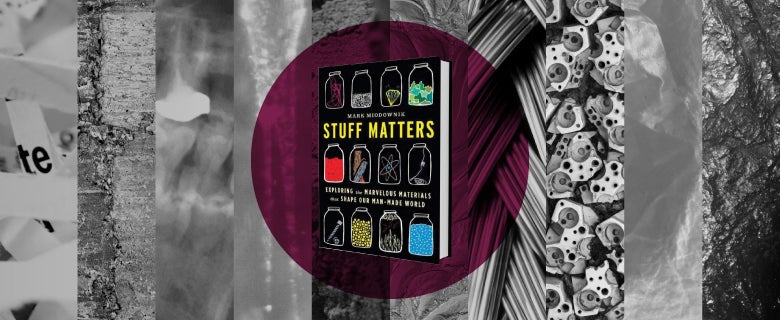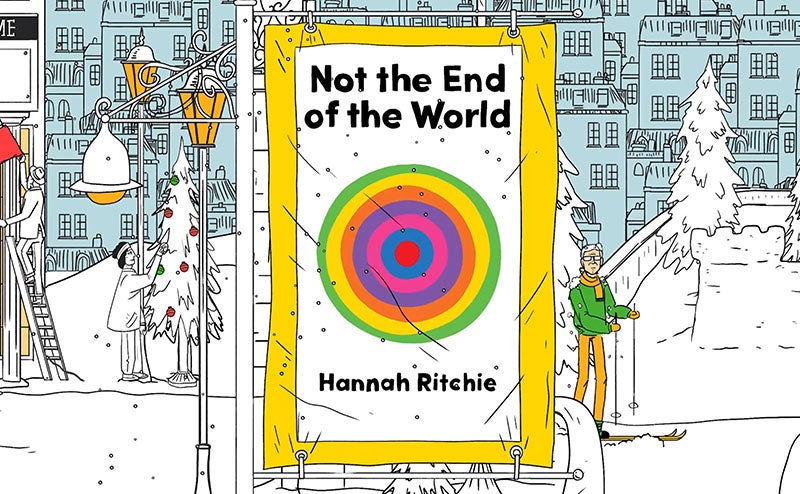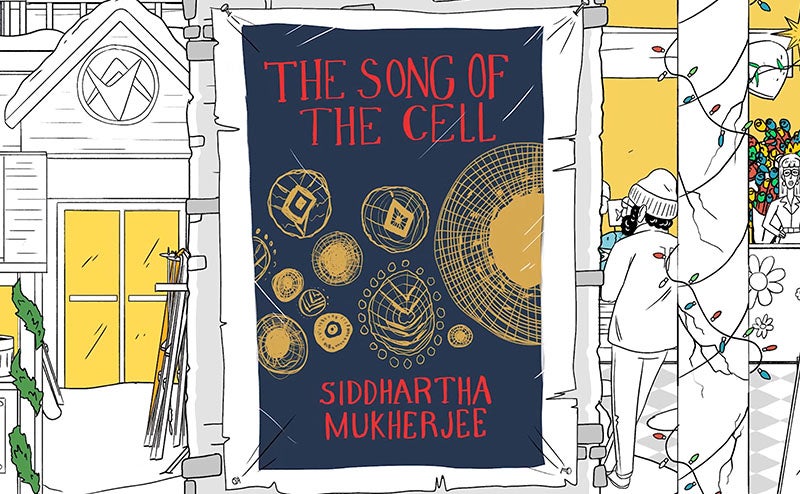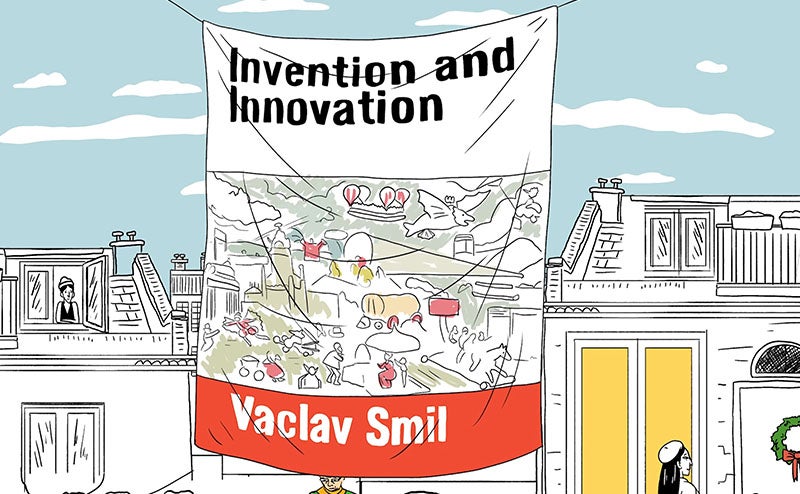Hamnet is a beautiful, well-written look at how grief tears a family apart.
People have all kinds of obsessions—silly, serious, and everything in between. The sheer diversity of these fascinations, from playing bridge (my personal obsession) to scanning the skies for new planets, is one of the most beautiful things about humanity. And yet one person’s obsession doesn’t necessarily make for interesting reading for those of us who have never been bitten by that same bug.
Mark Miodownik’s personal and professional obsession, as he explains in his book Stuff Matters, is basic materials we often take for granted such as paper, glass, concrete, and steel—as well as new super-materials that will change our world in the decades ahead. I’m pleased to report that he is a witty, smart writer who has a great talent for imparting his love of this subject. As a result, is a fun, accessible read.
My favorite writer, the historian Vaclav Smil, also wrote a wonderful book on materials, but it’s completely different from Miodownik’s. Smil is a facts-and-numbers guy; he doesn’t bring any romance to his topic. Miodownik is the polar opposite. He’s heavy on romance and very light on numbers.
Miodownik, an Oxford-trained materials scientist who has worked in some of the most advanced labs in the world, discovered his obsession with materials in a bizarre way. When he was in high school in the 1980s, he was the victim of a random attack on a London Tube train. In his telling, instead of freaking out about the five-inch slash wound in his back, he fixated on the elegance of the attacker’s steel razor blade. “This tiny piece of steel, not much bigger than a postage stamp, had cut through five layers of my clothes, and then through the epidermis and dermis of my skin in one slash without any problem at all,” he writes. “It was the birth of my obsession with materials.”
Most of us have the luxury of not thinking much about steel—and not being attacked with a razor. But as Miodownik makes clear, steel is pretty magical. Its greatest virtue is that it doesn’t crack or break under tension, unlike iron, from which it is forged. Steel has been made by skilled blacksmiths dating back to ancient Roman times, but once inventors created a process for producing steel cheaply at industrial scale in the mid 19th century, it became central to our lives—from our utensils to our transport to our built environment.
Our next century is likely to produce even bigger material innovations. I live close to the longest floating bridge in the world, which, like so many big modern structures, is made from steel-reinforced concrete. That bridge has served Seattle well for more than a half century, but now it’s near the end of its lifespan. (From my yard I can see the construction crews working on the bridge that will replace it.) According to Miodownik, future bridges may be built with a “self-healing concrete” that could save billions of dollars in repair and replacement costs.
Self-healing concrete is a great study in material innovation. In highly sulfurous volcanic lakes that would burn human skin, scientists found incredibly resilient bacteria that can stay dormant in rock for decades. You embed these bacteria in concrete with starch for them to consume; when the concrete cracks and water starts seeping in, the bacteria revive, find the starch, begin to replicate, and excrete minerals that seal up the crack.
I particularly liked Miodownik’s informative chapter on carbon (“Unbreakable”), which offers insights into one atom’s massive past, present, and future role in human life. Diamonds, one of the many material manifestations of carbon, have played a starring role in love and war for millennia. Coal powered our transition into the industrial age and is having significant impact on the chemistry of our atmosphere. Carbon fiber composites, sheets of graphite fibers encased in epoxy glues, are now transforming major industries from sports to aerospace to automobiles. I recently was briefed on carbon fiber city buses purchased by the city of Seattle, which are much lighter, stronger, cleaner, and safer than traditional steel buses and will save the city a lot of money on fuel.
Then there are far more exotic forms of carbon—like graphene, a layer of graphite one atom thick, and carbon nanotubes, graphene’s rolled-up form. Graphene is the thinnest and stiffest material known to humankind—200 times stronger than steel and yet lighter than paper. It is also the best conductor ever invented. As a result, it may someday replace the silicon chip and help usher in a new era in computing and communications. Yes, stuff matters!
In political contests, voters sometimes put more weight on whether they’d like to have a beer with a candidate than on the candidate’s qualifications. Miodownik would pass anyone’s beer test, and he has serious qualifications. I’ll be interested to see what he writes next.





